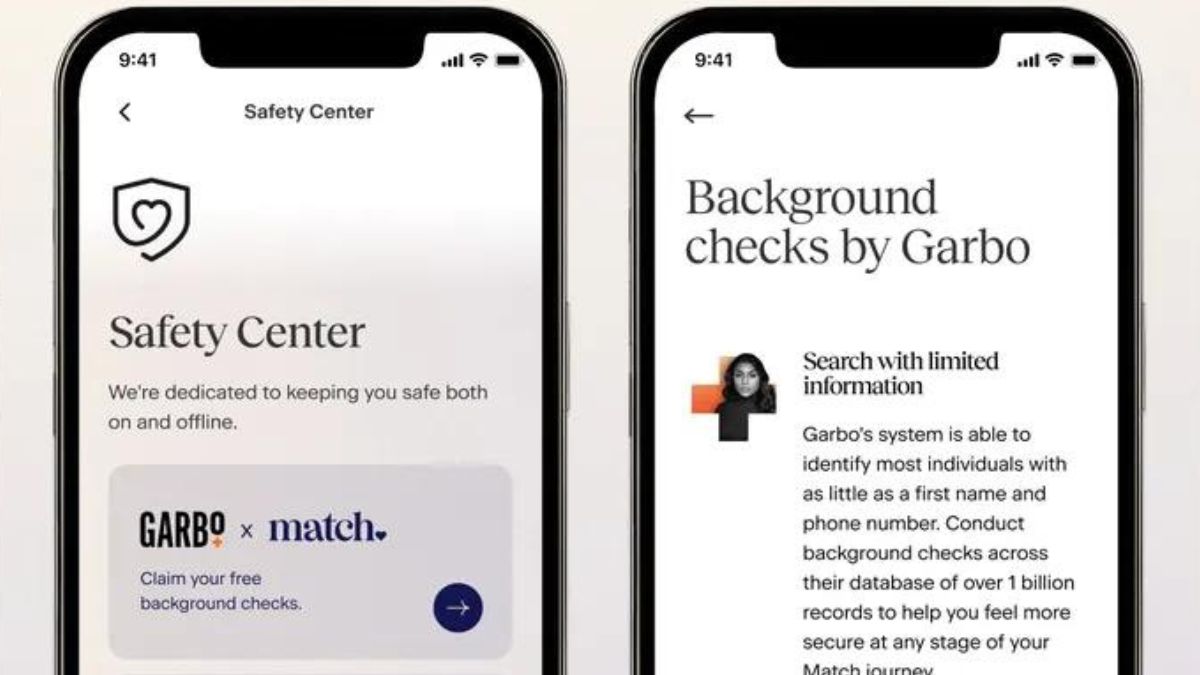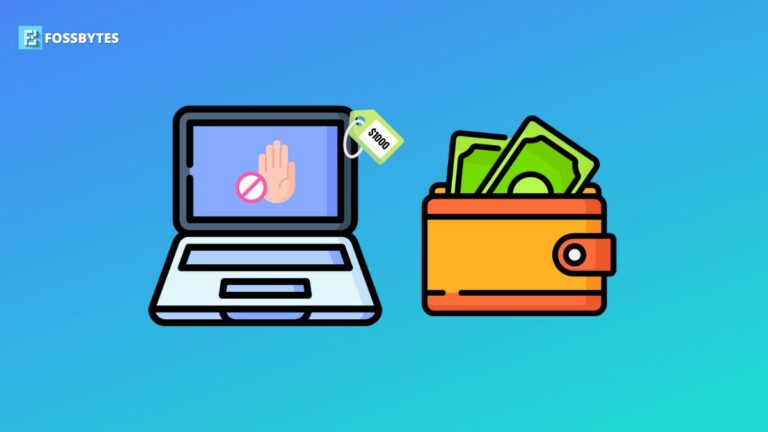Tinder’s Parent Brings Free Background Checks To Its Other Dating Apps

Tinder’s parent company Match Group is bringing the dating app’s free background check service to its other platforms: Stir and Match. Similar in nature, Stir is a dating app meant for single parents that launched earlier this year.
The mechanics of the apps are similar to Tinder: People can check if their potential partner or the person they have matched up with has a history of “violent and harmful behavior,” as the company announced through a press release.
How does it work?
Match Group released the feature on Tinder earlier this year with a short multi-step process to perform the background check. The company states that the process will be easier on Match service – if you have matched with someone and are planning to meet up, a box will appear asking for permission if you want to perform a background check. Clicking on the link will display extra information and safety instructions before handing you off to Garbo, a service that performs the checks.

Once you reach the page, you will have to insert information about the user for the check, including their first and last names, birthday, location, and phone number. Match will not provide the information as per a help document; thus, you will have to know the required information or find it from the person to perform a background check.
The payment structure for the background check services will be like Tinder’s – Garbo will let the users perform two background checks without any cost, and for more, the user will have to rely on the paid services. Premium subscribers will get four checks free.
Is Match Group’s BG check completely safe?
Many users are already familiar with the concept, but it should be repeated that background checks can be a valuable and helpful tool. However, you should still think twice about trusting someone based on clear app results. Match Group also states that the results of Garbo can be nuanced – they research things such as convictions, sex offender registry data, and arrests.
Still, they don’t flag instances that “have a disproportionate impact on marginalized groups,” like sex work, convictions, drug dealings, etc. The best way is to ensure that you let a friend or a family member know before meeting with a stranger to ensure safety.






